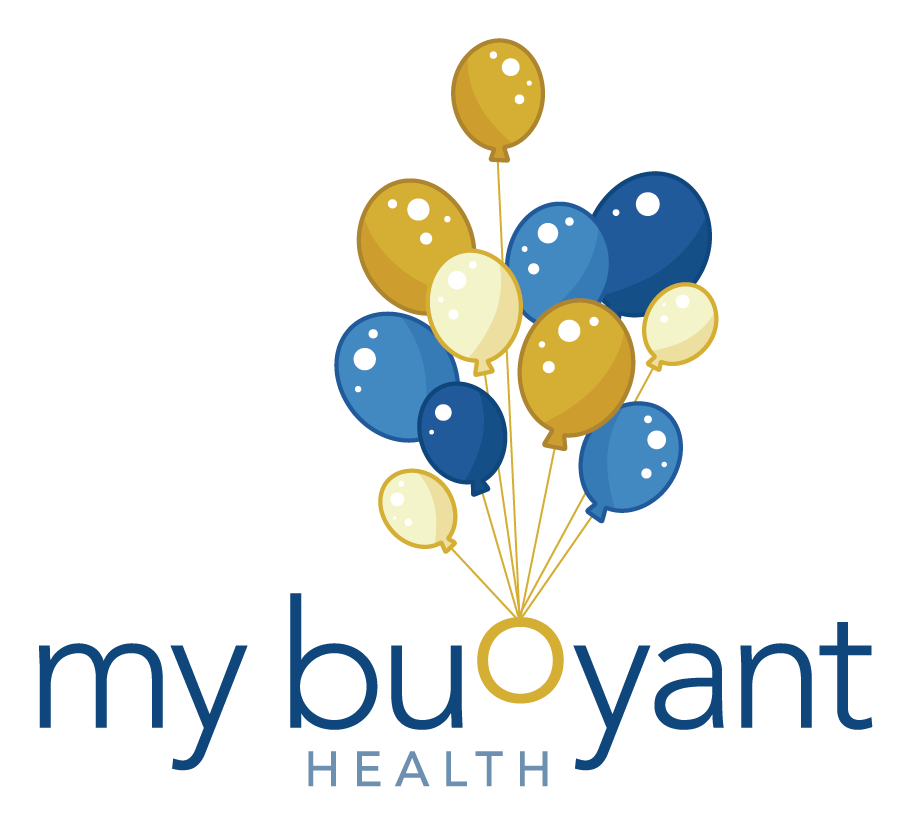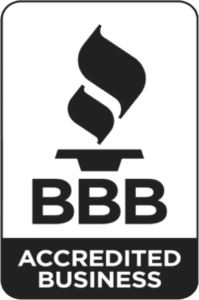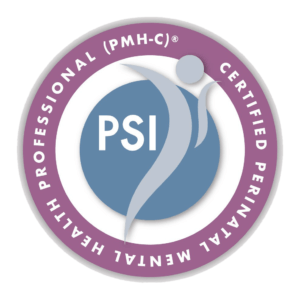Eating Disorders
Eating disorders are complex mental health conditions characterized by disturbed eating behaviors and preoccupation with food and body weight changes. They affect individuals physically, emotionally, and psychologically, often leading to severe health consequences if left untreated. These disorders, like anorexia, typically develop as a way to cope with emotions, stress, or societal pressures, and they often manifest as attempts to gain a sense of control over one's life.
Binge Eating
Binge Eating Disorder (BED) is a serious eating disorder characterized by recurrent episodes of consuming large amounts of food within a short period while experiencing a loss of control overeating. A patient who struggles with BED may experience the following symptoms:
- Eating Rapidly: Binge eaters often eat very quickly during their episodes, as if they cannot stop themselves.
- Eating Large Amounts of Food: A hallmark of BED is consuming a substantial quantity of food, even when not physically hungry.
- Eating Until Uncomfortably Full: People with BED continue to eat until they feel uncomfortably full and may experience physical discomfort and pain.
- Eating Alone: Binge eating episodes often occur in secret or when individuals are alone to avoid judgment from others.
- Feelings of Guilt and Shame: After a binge eating episode, individuals with BED typically experience intense feelings of guilt, shame, and distress.
Anorexia
Anorexia nervosa, commonly referred to as anorexia, is a serious eating disorder characterized by a persistent restriction of food intake, an intense fear of gaining weight or becoming fat, and a distorted body image. People with anorexia often see themselves as overweight, even when they are significantly underweight. Key symptoms of anorexia nervosa include:
- Significant Weight Loss: Individuals with anorexia intentionally and significantly restrict their food intake, leading to substantial weight loss.
- Body Image Distortion: A distorted perception of one's body size or shape is prevalent, often leading to the belief that one is overweight despite being underweight.
- Physical Changes: Physical symptoms may include extreme thinness, fatigue, dizziness, brittle hair and nails, intolerance to cold, and irregular menstruation in females.
- Social Withdrawal: Anorexia can lead to social withdrawal, isolation, and avoidance of social gatherings, especially when food-related.
- Depression and Anxiety: Co-occurring mental health conditions like depression and anxiety are common among individuals with anorexia.
- Excessive Exercise: Some people with anorexia engage in excessive exercise to burn calories and lose weight.
Bulimia
Bulimia Nervosa, often referred to as bulimia, is an eating disorder characterized by recurring episodes of binge eating, followed by behaviors aimed at compensating for the excessive calorie intake. These compensatory behaviors often involve purging but can also include excessive exercise or fasting. Key symptoms of bulimia nervosa include:
- Binge Eating Episodes: Individuals with bulimia frequently engage in episodes of binge eating, during which they consume a large amount of food in a short period while feeling a loss of control over their eating.
- Physical Consequences: Bulimia can lead to physical symptoms such as dental problems (due to frequent vomiting), electrolyte imbalances, digestive issues, and damage to the throat and esophagus.
- Fluctuations in Weight: Individuals with bulimia may experience weight fluctuations, but they often maintain a relatively average weight, which can make the disorder less noticeable.
- Obsessive Thoughts: Obsessive thoughts about food, weight, and body shape can consume a significant portion of their thoughts and time.
Anorexia Treatment in Phoenix, AZ
Ready to take the first step toward a healthier relationship with food and yourself? Reach out to My Buoyant Health, where compassionate support for eating disorders is just a click away. If you are an established patient and wish to contact us directly, you can do so via your patient portal, or you may message us through the Healow app. Request an appointment online or contact us at (602) 510-6582 and embark on your journey to wellness. Your path to recovery begins here.





